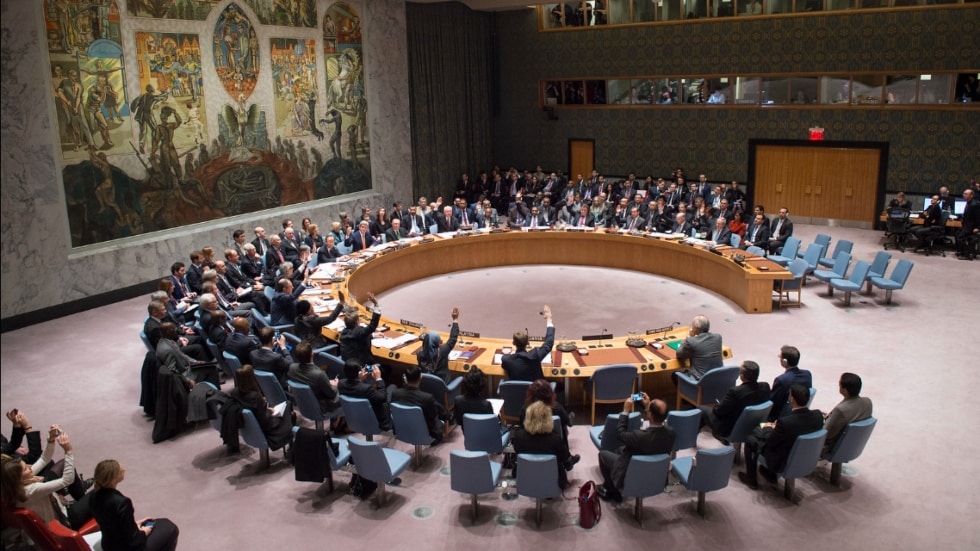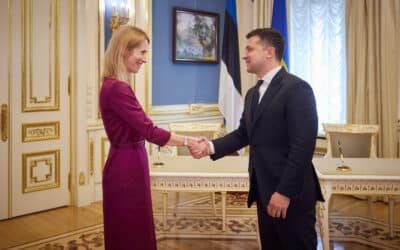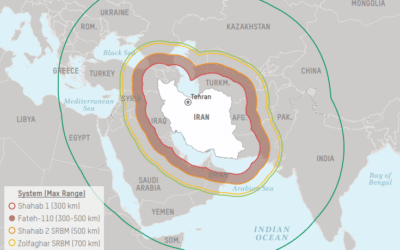The White House is developing plans to expand the number of permanent members to the United Nations Security Council (UNSC), the Washington Post reported on Monday. Ambassador to the UN Linda Thomas-Greenfield is spearheading the effort to enlarge the body by adding six new members.
The UNSC is the organization’s most powerful body, wielding the power to impose binding resolutions. Known collectively as the “P5,“ the US, UK, France, China and Russia are currently permanent members on the council, which includes a total of ten rotating members. In September, President Joe Biden said the body should be expanded to include countries from Latin America and Africa.
Under the proposal the Biden administration is developing, six new permanent members will be added to the UNSC. The White House has not put forward its plan, leaving it unclear what countries may be added to the council. Washington has previously advocated for Germany, Japan and India to receive spots on the UNSC.
However, the new members will not have the veto power held by the core five members. UNSC rules allow for any of the five permanent members to kill any resolution unilaterally.
Ukraine has called for Moscow to be removed from the Security Council, citing its ongoing invasion. “Russia has turned the seat of a permanent member into a throne of impunity,” Ukrainian Foreign Minister Dmytro Kuleba wrote in an op-ed published at the Hill. “Russia never legally acquired its status as a permanent UN Security Council member and must lose its seat in this esteemed chamber.”
Reforming the UNSC is expected to meet stiff resistance. An unnamed American official told the Post that Thomas-Greenfield is trying to “forge some consensus on a sensible, credible proposal that could actually succeed and achieve reform.”
Barbara Woodward, the UK ambassador to the UN, argued that the proposed changes to the council could be used against Russia. “We must respond to Russia’s egregious use of the veto to protect itself, and update the council’s membership to give a wider, more diverse range of countries a voice,” she said.
Some officials disagree and believe that such reforms could damage Western power. “Any reform of the Security Council may well reduce the weight of the West. So this is a reality,” a UN diplomat told the Post. “And the question is, are we really pushing for that now? Is it just nice rhetoric that we want to do this, or are we really serious when we say we want to do it now?”
The proposal is also likely to face opposition from states whose rivals may become permanent council members, risking major regional power shifts. For example, Pakistan objects to the expansion, anticipating that its longtime adversary India will get a seat. “This is undemocratic; it is unequal; it is contrary to the principle of sovereign equality of states which is part of the [UN] charter,” said Munir Akram, Islamabad’s UN ambassador.
Any change to the UNSC would need to clear a series of hurdles, including formal approval from 128 states on the UN General Assembly as well as the sitting UN Security Council members. For the US, that means ratification by the Senate.
Passing the legislature seems unlikely as a group of Republican senators oppose Russia remaining on the UNSC. After Russia invaded Ukraine last year, a large group of Republican Senators introduced a resolution urging the Biden administration to remove Moscow from the body.
“It’s high time to remove Russia from the United Nations Security Council if for no other reason than the unwarranted and violent invasion of Ukraine,” Senator Kevin Cramer (R-ND) said, adding, “Vladimir Putin’s thuggery and aggression should have consequences at every level.”
The Kremlin has vetoed a series of measures brought before the UNSC that condemned the Russian war in Ukraine. Washington has previously used the body to pass measures for cover for wars in Libya, Syria and Yemen.

































